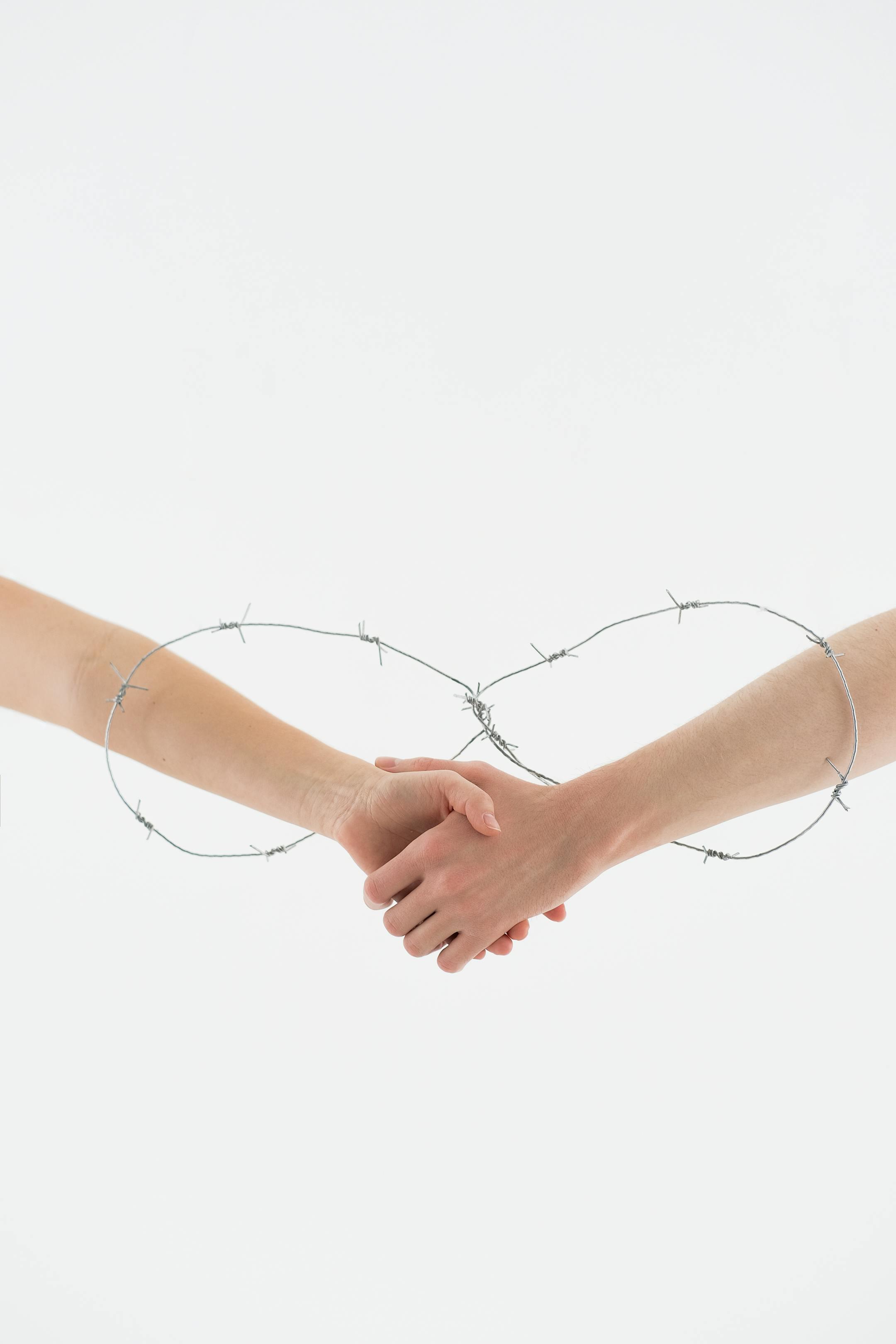
One of the most important lessons I’ve been learning lately is this: you don’t need perfect relationships to feel secure—you need safe ones.
If you often find yourself overthinking, shutting down, or feeling rejected after even small moments of feedback or conflict, it doesn’t mean you’re broken. It might mean you haven’t consistently experienced emotional safety in your relationships. And sometimes, it’s not about finding the “right” people—but about learning what safety looks and feels like, both in others and in ourselves.
Safety Makes Communication Feel Less Like Conflict
With the right level of emotional safety, even hard conversations don’t have to be threatening. You don’t automatically spiral or jump to the conclusion that the relationship is falling apart. You’re able to pause. To listen. And to respond instead of react.
According to Polyvagal Theory (Dr. Stephen Porges), our nervous systems are wired to scan for safety or danger in relationships. When we sense emotional safety, our social engagement system is activated—we stay calm, open, and connected. But without that safety, even gentle feedback can feel like criticism or abandonment.
In other words, your ability to communicate isn’t just about skill—it’s about how safe you feel.
Boundaries Are an Invitation to Grow Together
In many cultures—including Middle Eastern, South Asian, and other collectivist communities—boundaries are often misunderstood as rejection or coldness. Add in the emotional sensitivity that many neurodivergent people experience, and boundaries can feel like personal attacks.
But in reality, healthy boundaries are an invitation. As Dr. Brené Brown’s research shows, boundaries are part of meaningful vulnerability—they say:
“I care about this relationship and want it to last. Here’s how we can keep showing up for each other.”
It can take time to rewire this understanding, especially if you were raised in environments where closeness meant saying yes, no matter the cost. But when someone shares a boundary with care, it’s a sign they want to keep the connection—not end it.
ADHD, Rejection Sensitivity, and the Urge to Shutdown
For many people with ADHD, Rejection Sensitive Dysphoria (RSD) is a core struggle. Dr. William Dodson’s work suggests that up to 99% of individuals with ADHD experience RSD—an intense emotional reaction to real or perceived criticism or rejection. It can lead to overthinking, emotional shutdown, or preemptively ending relationships to avoid pain.
When you’re in a safe relationship, however, these reactions can soften. You don’t have to guard yourself constantly. You start learning that feedback isn’t always a threat—and you’re more willing to take accountability because you trust the other person isn’t trying to shame or leave you.
Safe People Don’t Disappear—They Show Up
Let’s be clear: no one is perfect. But safe people try. They’re willing to have hard conversations. They offer repair. They communicate, even if it’s messy.
As Dr. Lindsay Gibson explains in Adult Children of Emotionally Immature Parents, emotional maturity isn’t about perfection—it’s about being able to reflect, take responsibility, and remain connected even through discomfort.
If someone ghosts you after you express a need or boundary, that’s not a reflection of your worth. It’s a reflection of their capacity. You’re not “too much.” You may simply be asking something they weren’t ready to give.
Final Thoughts: Healing Takes Two
Sometimes the problem isn’t that you’re with the wrong people. Sometimes it’s that both you and the people around you are still learning what healthy connection looks like. Healing happens when both parties are willing to show up—with grace, openness, and accountability.
And yes, it takes internal work, too. Pausing before reacting. Naming our triggers. Practicing self-compassion when we feel rejected or overwhelmed. But the more we’re surrounded by people who see us, the easier that internal work becomes.
You don’t need perfect relationships.
You need relationships that are safe enough for growth.
That hold space for hard conversations.
That offer repair instead of punishment.
So whether you’re navigating old wounds, ADHD sensitivity, or cultural narratives about what connection should look like—remember this:
You are not too sensitive. You are learning to feel safe.
And the right people—imperfect, but present—will learn with you.
References
If you’re ready to break patterns, build clarity, and feel seen— Book a free 15-minute consultation or schedule your first session today!